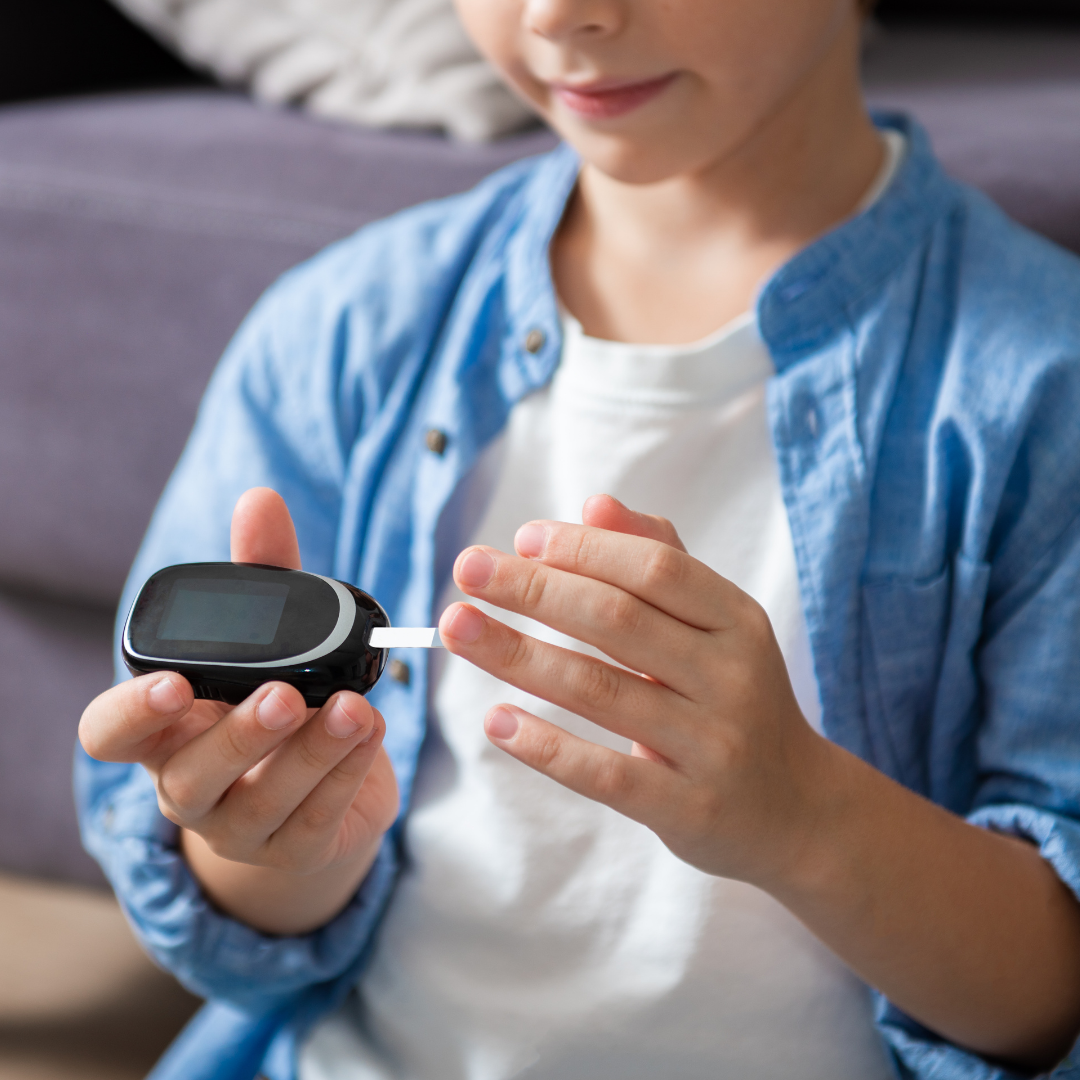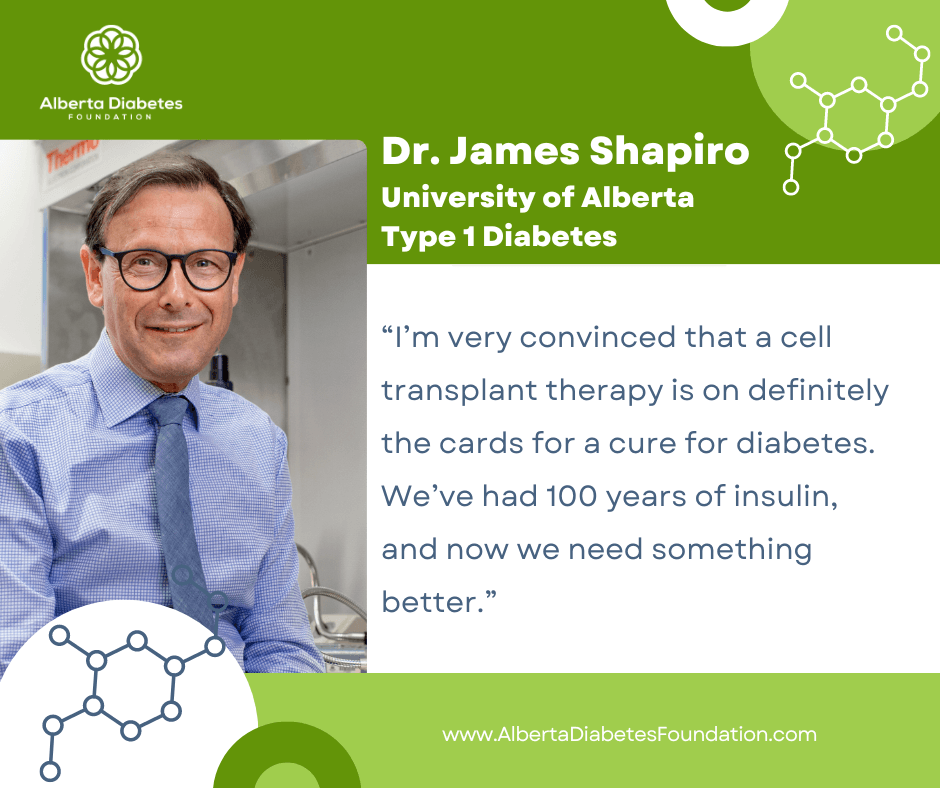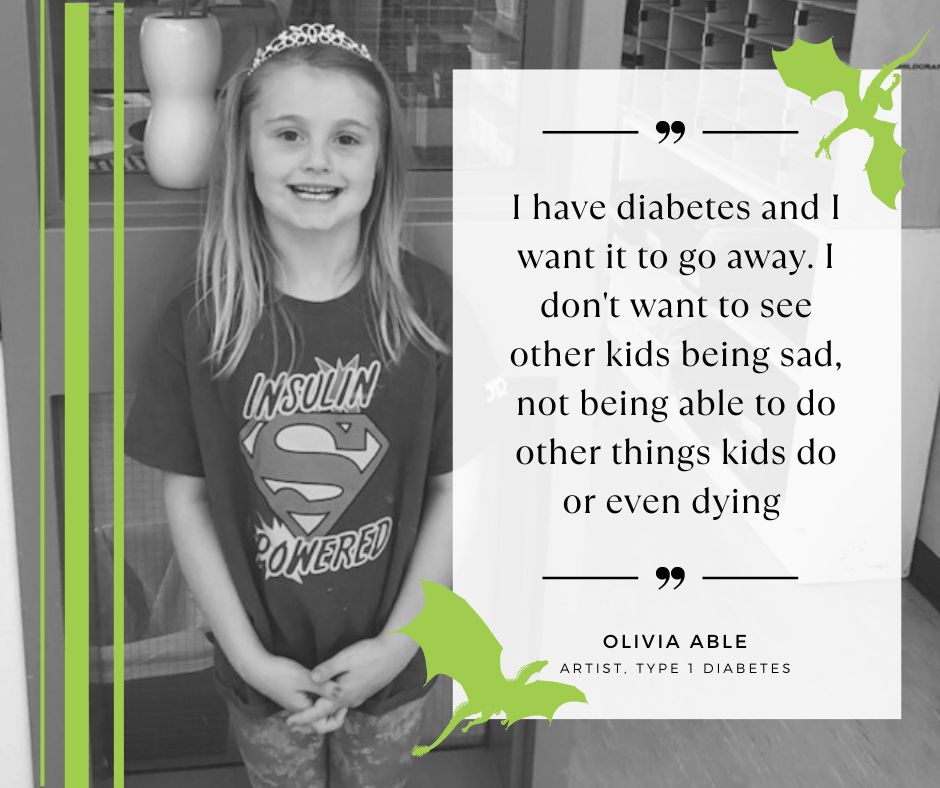Stevia: A Sweet Substitute for Artificial Sweeteners
Splenda, make way for stevia, the natural alternative to sugar substitutes.

Sugar. Glucose. Fructose. These days it seems like there’s sugar lurking in so many things we eat. From the expected candies, juices, and cereals, to the unexpected spaghetti sauces, canned soups, and salad dressings, the amount of sugar we consume can be staggering. Sugars are carbohydrates that can affect your blood glucose (sugar) levels, weight, and blood fats, so people living with diabetes must consume added sugars in moderation. Easier said then done, especially when you want to treat yourself to something sweet..
In comes artificial sweeteners. These sugar substitutes are used in place of sugar (sucrose) and are classified as non-nutritive, non-caloric sweeteners. They are extremely sweet, so you only have to use a fraction of what you would in table sugar.
But what if you are sick of that overly sweet taste? What if you have already used your suggested serving of Splenda for the day and don’t want to consume anymore for fear of an upset stomach? What about those questionable ingredients in your Splenda—dextrose and maltodextrin—that Diabetes Canada says will increase bloods glucose levels?
The jury may be out on artificial sweeteners, but there may be a better plant-based, sugar substitute out there: stevia.
The stevia plant has two steviol glycosides. Rebaudioside A is the sweet tasting glycoside that is extracted and purified from the stevia plant and used as the primary ingredient in stevia products. It will usually be named as stevia extract or stevia on the label of a product.
Stevia is fairly new to the market at it was approved by the FDA in Canada in November of 2012 and permitted for use as a food additive and dietary supplement. Studies have confirmed that purified forms of steviol glycosides (stevia extracts) are safe to consume, even at high dietary intake levels (although not advised). In 2008, aa short-term study had individuals with type 2 diabetes consume 1000mg of steviol glycoside daily, and the results showed that rebaudioside A was well tolerated. This suggests that consumption of stevia does not alter glucose levels in these individuals.
Takeaway : Stevia is suggested to be safe for healthy individuals, and those with type 2 diabetes.
The Misleading
Although stevia is a great alternative to both traditional sugars and other artificial sweeteners, you should be strategic in which brand you choose. Stevia’s popularity makes it easy to find in most mainstream grocery stores in the form of popular brands like Truvia, Pure Via, and NuNaturals Stevia. These products are best avoided as they come with added fillers that go through so much processing that the end product is hardly reminiscent of stevia.
First, let’s look at Truvia by Coca Cola. Truvia is marketed to consumers as a stevia-derived natural sweetener, but this is misleading. The three components of Truvia are erythritol, Stevia Leaf Extract (rebiana), and natural flavours. Erythritol is a sugar alcohol, and is the main ingredient of Truvia. Because our body does a poor job of digesting sugar alcohols, they hang out undigested in our intestine while they are fermented by colonic bacteria. Fermentation can cause gas, bloating, and distress. Yuck. The next ingredient is rebiana, which is derived from stevia leaf extract, but it only makes up 0.5 % of Truvia’s content—that can hardly be considered fair marketing.
Read More on artificial sweeteners and their connection to Diabetes here. (hyperlink here)
Pure Via is one of Canada’s most popular stevia brands. It also claims to be a better alternative to sugar substitutes by including stevia. What Pure Via doesn’t advertise is the first ingredient on the label: dextrose. Dextrose is considered an artificial sweetener that does raise blood glucose levels according to Diabetes Canada.levels. Unfortunately, this misleading advertising defeats any benefit a person living with diabetes would gain from using this product.
NuNaturals stevia comes in several different forms, including extract powder, quick dissolve tablets, and a NoCarbs Blend. While this might sound promising, the ingredient list should be checked carefully. The NuNaturals NoCarbs Blend only has three ingredients: erythritol, stevia extract, and natural flavours. Erythritol is a sugar alcohol that is considered safe, (3) but can lead to limited gastrointestinal issues. Upset stomachs are never fun. The NuNaturals White Stevia Powder includes maltodextrin on the ingredient list, and although this option is cheaper than other products in the line, maltodextrin is considered to raise blood glucose levels (3.1).
So what’s the verdict on Truvia, Pure Via, and NuNaturals? Diabetics beware: these are filled with added artificial sweeteners that are best left on the shelf.
Takeaway : TruVia, PureVia, and NuNaturals are safe for healthy individuals to consume, but those with type 2 diabetes should probably stay away due to the tricky additives.
A Step above the Rest
Now that we know which brands to steer clear from, let’s look at some better options. Here’s the lowdown on Sweet Leaf Natural Stevia and Better Stevia by Now Foods.
Sweet Leaf has only two ingredients on its list; inulin soluble fibre and organic stevia extract. This is great for those with diabetes, as inulin may improve some glycemic indices. According to Sweetleaf’s claims , only cool, purified water is used to process stevia leaves so there are no chemicals, solvents, or alcohols involved.
Better Stevia by Now Foods has organic inulin, organic stevia extract (stevia rebaudiana) and silica on its ingredient list—similar to Sweet Leaf. This stevia comes in a variety of ingestible forms, including single packets, instant tablets, extract powder--which is certified organic by the USDA--and liquid drops (with flavours including dark chocolate and coconut to name a few).
The Takeaway : Sweet Leaf and Better Stevia by Now Foods are great choices when it comes to natural sweeteners for type 2 diabetics.
To Remember
Clearly, there are many things to consider if you want to make the switch from artificial sweeteners to stevia. To keep things simple, try and stick to the following list:
- Some artificial sweeteners can raise blood
glucose levels or cause other minor but annoying health concerns when compared
to stevia
- Misleading marketing can lead you to buy
products with additive fillers, be sure to buy products that have either stevia
extract, rebaudioside a, or rebiana and avoid products that list either maltodextrin
or dextrose as an ingredient
- A quick Google search on stevia-based products sold in your area will help you save time and effort
Happy Hunting!
LET'S WORK TOGETHER TO FIND A CURE.
VISIT US
1-020 Li Ka Shing Centre
University of Alberta
Edmonton, AB, T6G 2E1
Office Hours
Monday-Friday 8:30-4:00
If you would like to set up an appointment at our office, please set up an appointment by contacting us at
info@abdiabetes.com










